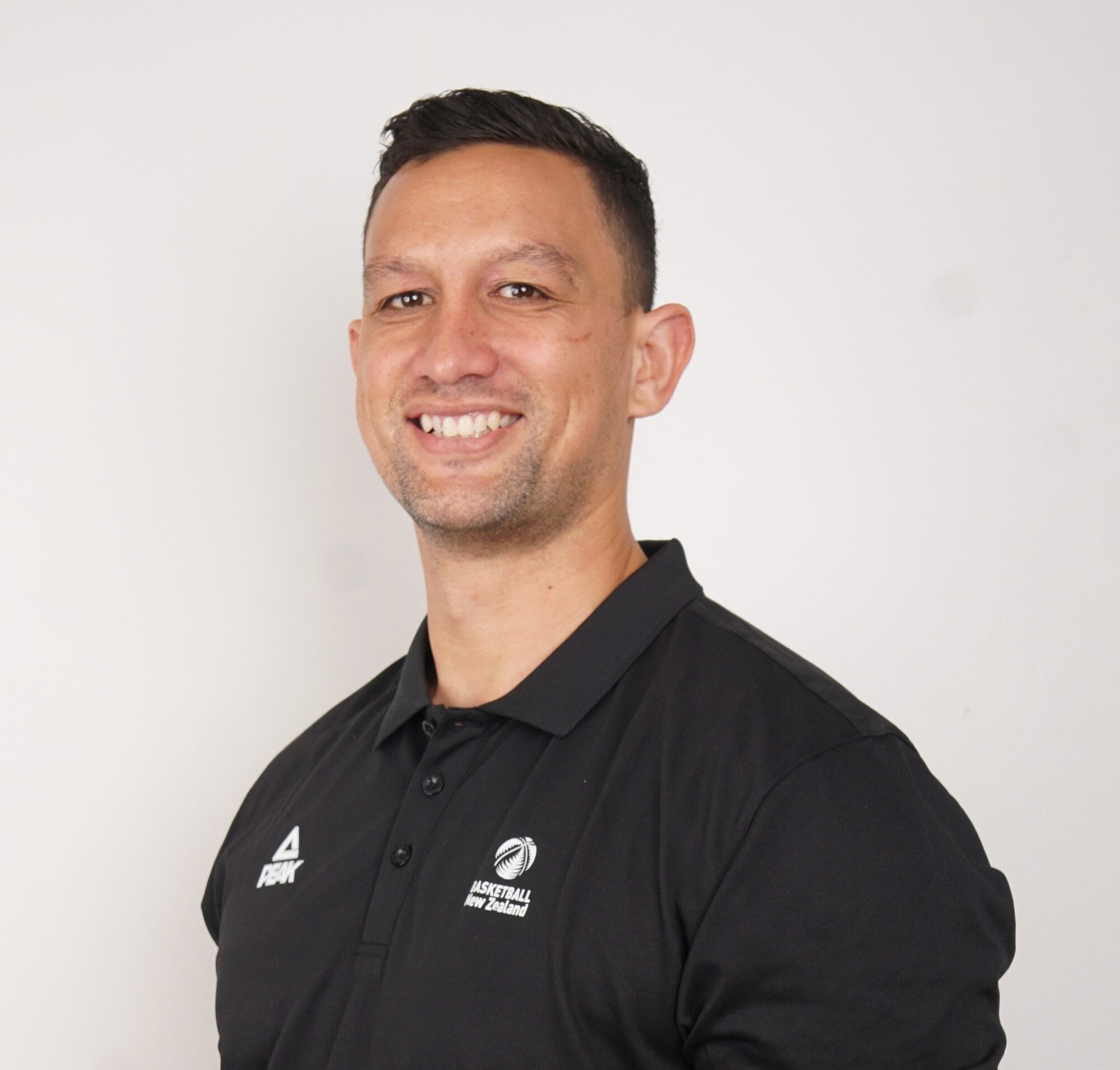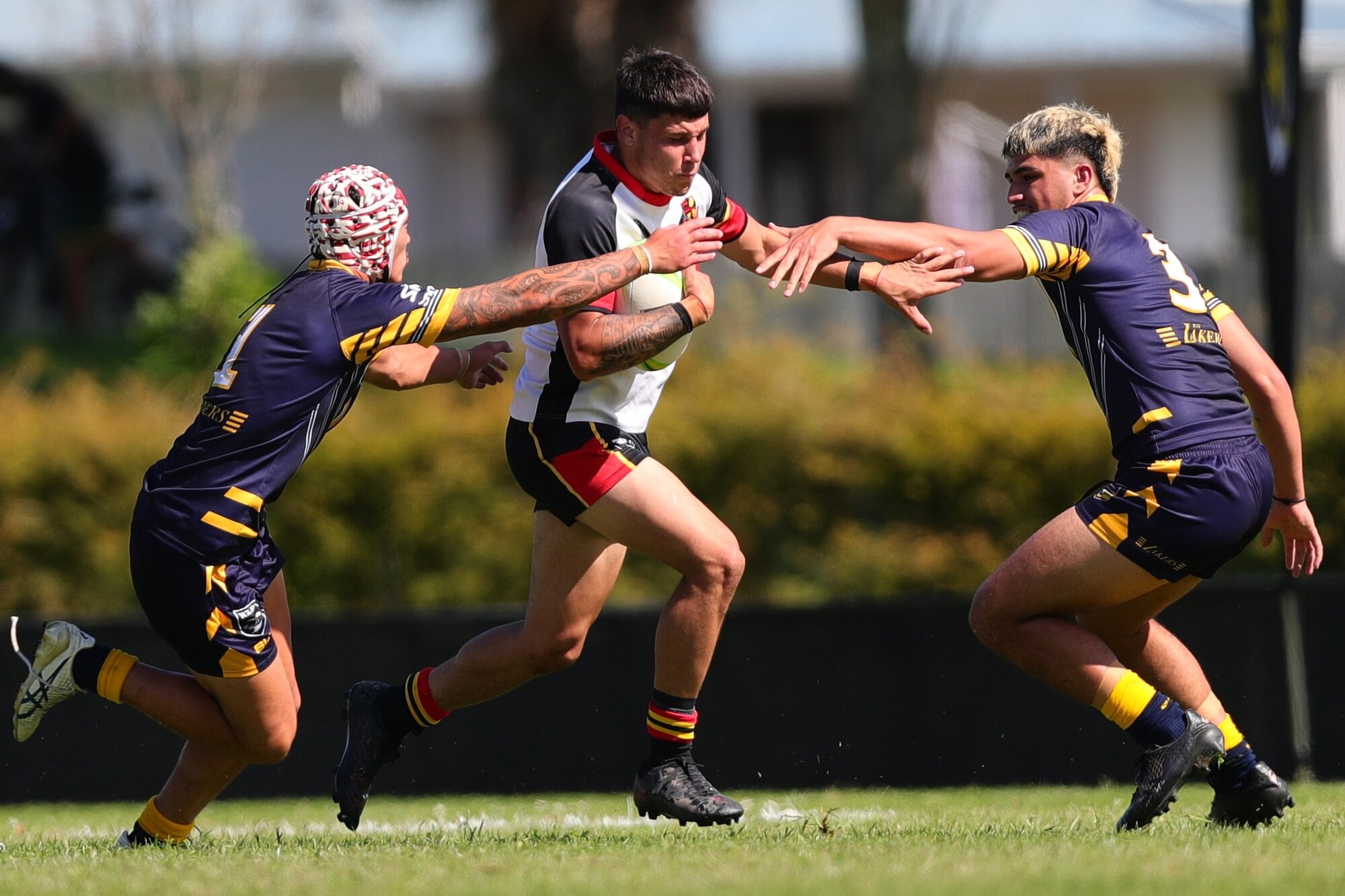Having suffered 10 concussions playing rugby league, Shawn Stewart knows how dangerous it can be to play on after a head knock.
The former club player now works for Basketball NZ as an injury prevention manager.
“I never played for the Kiwis, or the Warriors, but one of my best moments on the footy field came when I was back at school,” said Stewart in a statement from ACC about preventing concussion in sport.
“Trouble is, I don’t remember any of the good parts.”
Stewart was playing rugby and had just broken into the first XV. Being new to the team, he wanted to make an immediate impression. Apparently, he did just that – leading his side to victory with two tries to earn player of the day.
However, a head knock suffered while making a tackle meant that was all a blur until fulltime when I turned to my teammate and asked, “where am I?”.
“I had about 10 head injuries or concussions throughout my career, but this is the one I often share when talking to our rangatahi (youth), or anyone who plays sport,” said Stewart.
“It shows that you don’t have to get knocked out to suffer a nasty head injury – only about 10% of concussions result in a ‘blackout’ or loss of consciousness.”
Stewart said it also highlighted the importance of Four Rs of Concussion Management; recognise the signs and symptoms, remove the player from play, recover and return to play after being cleared by a health practitioner experienced in concussion management.

Basketball NZ injury prevention manager Shawn Stewart.
“That I failed to follow these steps for many of my head knocks is why I had to stop playing before the age of 30.”
He said it’s important to share his experience of what not to do to help create an enjoyable, safe environment for everyone involved.
Had there been better knowledge and support systems in the game, Stewart thinks he might be still out there enjoying the game and people he loves.
“I don’t want to scare people away from sports like rugby or league.
“People need to know that; with early recognition and management of concussion, you can make a full recovery and remain engaged in sport for life.”
The ACC National Concussion Guidelines were released last year, and Stewart said they are important for community sport. He said they need to be adopted by everyone in the game.
“It is great to see ACC at Polyfest last week and connecting with our rangatahi on concussion.”
Looking at ACC claims for last year, around 600 players claimed for a concussion in rugby league. This is lower than what they would expect to see in a collision sport and research shows that sports-related concussion is under-reported by about 30%.
“I know it can be confusing for coaches, players, family and others if concussion management advice from each sport is different. The National Concussion Guidelines are changing that with clear guidelines and process for all sports.
“Going back to my ‘forgettable’ moment as a schoolboy, I may have been the hero that day but the more courageous thing to do would have been to leave the field when I sensed all was not right and talk to a health professional.
“Coaches, physios and trainers play a vital role in identifying head injuries, but there may be times in a game when they don’t see it happen. It’s up to teammates, as well, to call out if you think a player is showing symptoms of a concussion. Everyone has a role to play.”
Stewart said this is not always easy for young people to do.
“Our challenge is to create an environment where young players feel supported to talk about symptoms or injuries, whether in themselves or others, without judgment.
“We want everyone to learn to recognise when they are injured and need to seek help, this will promote longer term health, performance and enjoyment.
“With the support of ACC and the wider rugby league community, we can effect this change.”
Concussion by the numbers
- In 2024, ACC accepted 12,045 claims for sports-related concussion. These injuries came at a cost of $81 million to help people recover.
- In 2024, ACC accepted 624 rugby league-related concussion claims.
- ACC research shows that around 1100 sport-related concussions are not reported every year.
National Concussion Guidelines for Community Sport
- The guidelines aim to improve the health outcomes and wellbeing for people who play community sport by introducing a standardised approach to managing concussion.
- The key changes introduced in 2024 are: (1) When a player suffers a concussion, they must be symptom-free for 14 days post-injury before a graduated return to play.
(2) They must complete a minimum period of 21 days away from full competition before clearance to return.
(3) Clearance from a health practitioner experienced in concussion management is strongly recommended prior to return to play.
For more information - Sport Concussion in New Zealand - National Guidelines.



1 comment
The Stupidity Of It
Posted on 09-04-2025 08:32 | By Yadick
. . . and yet we allow boxing and other 'sports' where a concussion is the ultimate.
Leave a Comment
You must be logged in to make a comment.